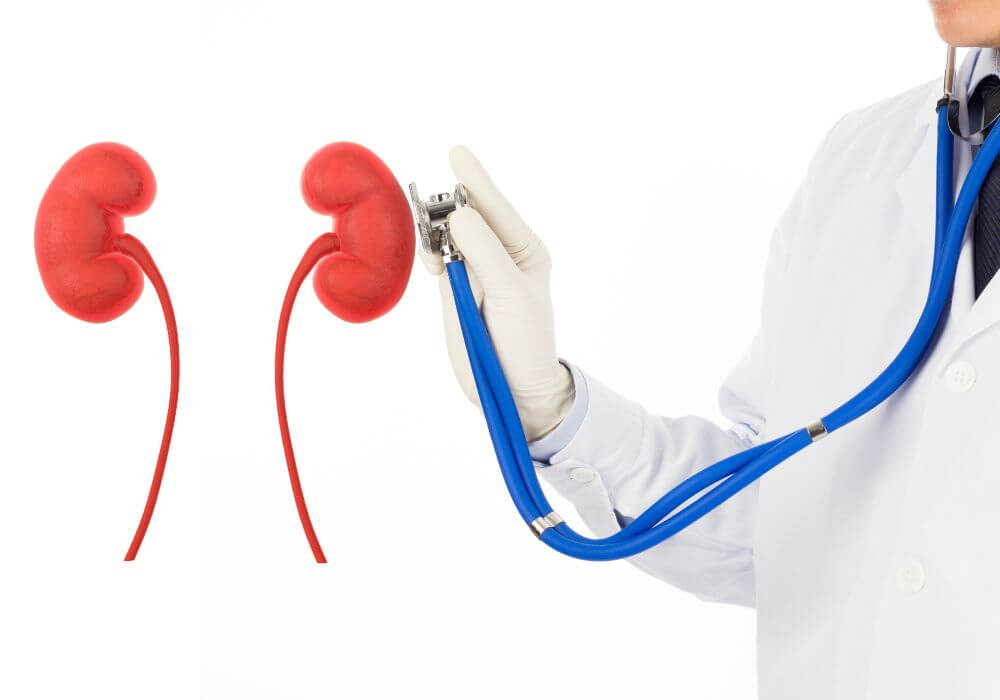Urology is a medical science in which diseases of the urinary system of men and women are diagnosed and treated. This science also deals with everything involving the male reproductive system and treats its diseases.
Also, in another definition, it can be said that urology is a part of health care that deals with the urinary system of men and women (including various parts such as kidneys, bladder, and urethra).
It also deals with the male organs that are capable of producing babies (including the penis, testicles, prostate, etc.). Since health problems in these organs can happen to anyone, urological health is important.
who is Urologist?
A urologist, also known as a urologist, is known as a doctor who specializes in diseases of the urinary system and the male reproductive system. After diagnosing urinary tract problems, doctors refer these patients to a urologist who can treat diseases of the bladder, kidneys, urinary tract, bladder, and adrenal glands.
In men, urologists can treat specific diseases of these people, including diseases of the penis, prostate, seminal vesicles, epididymis, prostate, and testicles. In some cases, these people may perform surgery.
For example, they may remove cancer or unblock a urinary tract. Urologists work in a variety of settings, including hospitals, private clinics, and urology centers.
What organs does a urologist deal with?
Organs that the urologist deals with are:
- Kidneys
- Adrenal glands
- Ureter half bladder
- Prostate
- Urinary tract
- Testicles
- VAS and seminal vesicles
- Penis
Urinary tract system, urination, and reproduction are closely related and problems in one system can often disturb other systems as well. For this reason, many diseases in this medical branch of the genitourinary system are called genitourinary diseases.
Time to see a urologist
Your primary care physician can treat mild urinary problems, such as urinary tract infections.
If your symptoms do not improve or if you have a condition that does not require treatment, your primary care physician may refer you to a urologist.
You may need to see a urologist and another specialist for some of your specific conditions.
For example, a man with prostate cancer can see a cancer specialist called an oncologist and a urologist.
If a urologist has both specialties, he is called a urologist.
When do you know it’s time to see a urologist? when:
- Blood in your urine.
- Have sexual problems or sexually transmitted diseases
- Have a frequent or urgent need to urinate
- Feel pain in your lower back, hips, or sides
- Feel pain and burning during urination
- Have difficulty urinating
- Have a weak or dribbling urine stream.
If you are a man and have the following symptoms, you must see a urologist:
- Decreased libido
- The presence of warts on or around the penis
- Lump in the testicle
- Pain in the testicles
- Difficulty maintaining or erecting an erection
What are the gynecological diseases that a gynecologist treats?
The following are the gynecological disorders and diseases that gynecologists can treat:
- Bladder, kidney, prostate, and adrenal cancer
- Prostate enlargement
- Erectile dysfunction
- Interstitial cystitis
- Kidney diseases
- kidney stone
- Prostatitis
- Urinary tract infection
- Bladder prolapse
- Overactive bladder
- Urinary inconsistency



